The artivist
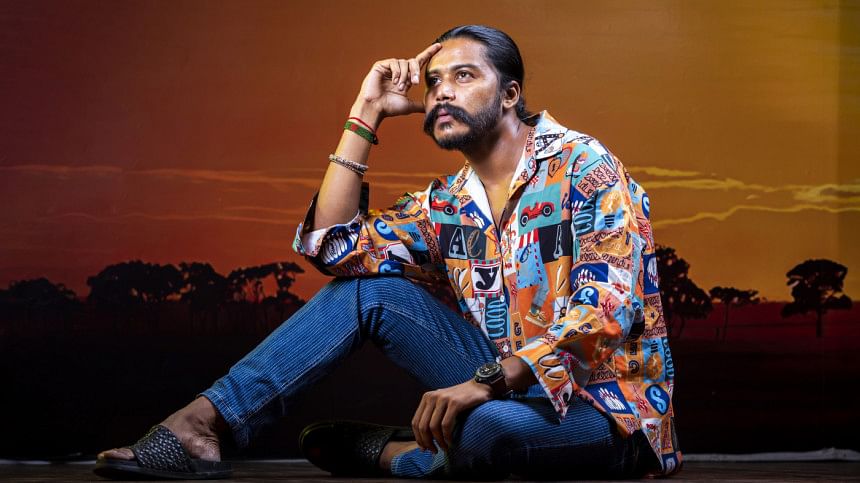
Being a cartoonist is Morshed Mishu's preferred public identity, or as he describes himself, an "artivist"—someone who practices activism through art in a non-traditional manner. Mishu, who rose to prominence through his political cartoons and social activism, has journeyed to every corner of the country to aid his fellow countrymen.
"I initially wanted to join the military to serve my country and its people," he shared. "But I became a cartoonist after a cascade of failures pursuing that past aspiration, and now I get to do what I wanted all along—help my people. I joined the acclaimed satire magazine 'Unmad' as a contributor, and with the help of my mentors, I became a cartoonist."
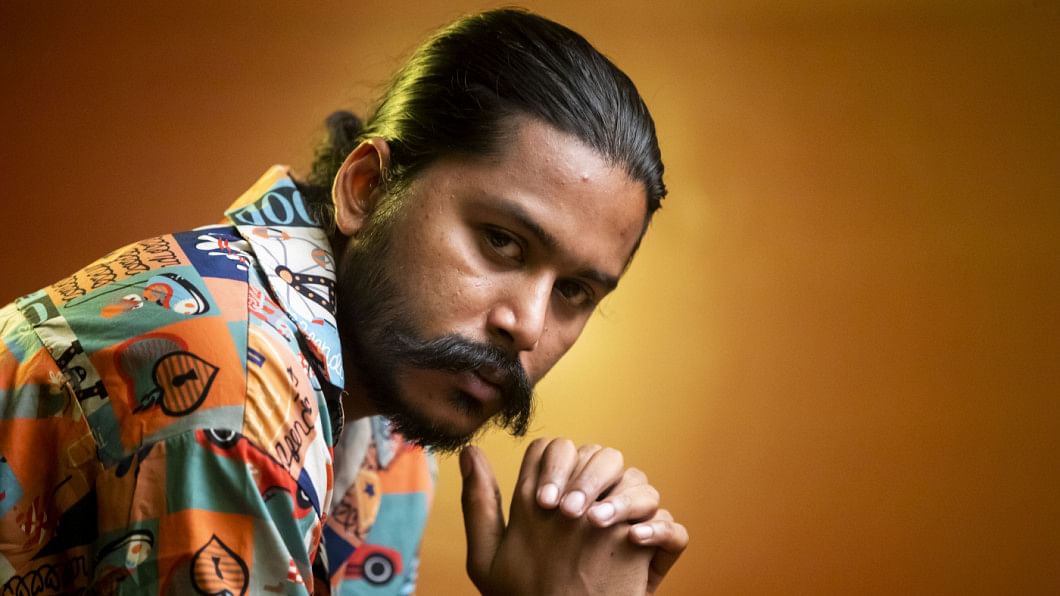
Cartoons always intrigued Mishu for their ability to convey complex messages with minimal brush strokes. "You can express so much through a cartoon—things you could never convey with a thousand words. That idea made me passionate about this art form," the artist explained.
Although Mishu didn't initially consider art as a profession, this form of expression however eventually led him to profound self-exploration and a sense of purpose. "Through art, I could speak for the people, I could protest, and I could press home the message of the masses to the decision-makers and the people at large. That's why I continued," he stated.
The artist is well-known for his innovative environmental initiatives, such as "Khale Hobe", which unexpectedly turned him into a saviour for the people of Mohammadpur. He followed that with his "Felna Khelna Telna Deyal" (Wall of Used Toys) project, which spread throughout Dhaka. However, Mishu's initiatives remain relatively private, shared only with his close circle of friends.
"I don't intend to form any organisation but rather create a platform where people who can't go to the frontline can still help those in need. Occasionally, I crowdfund with the help of people who want to get involved through their preferred means of aiding—whether it's money, supplies, or other resources," said the artist, who is currently working on building houses, latrines, and schools in the indigenous communities of Khagrachhari, affected by recent flash floods.
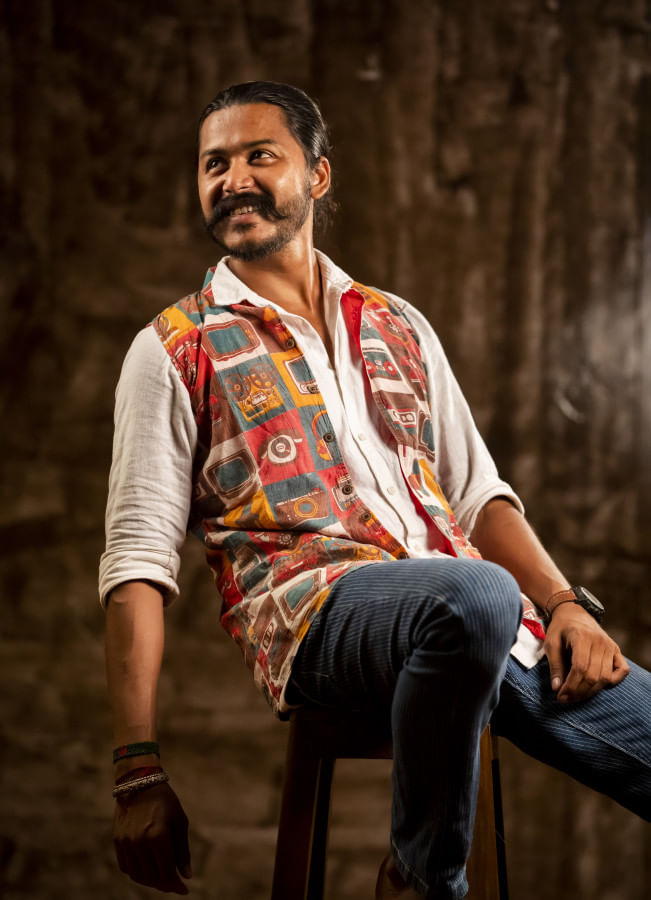
When asked if he noticed any cultural shifts before and after the downfall of the former ruling party, Mishu smiled politely. "As artists, we have a responsibility to be accountable to the people. In that sense, 'censorship' never really affected me. I always tried to do what I must. For example, I drew a cartoon about farmlands being drowned as a result of building the Padma Bridge, even as the ruling party was celebrating the bridge's completion as a monumental achievement."
"Although that cartoon went viral overnight, I didn't face any challenges. But cartoonists and artists like Ahmed Kabir Kishore and Shahidul Alam were detained and punished without cause, so I can't say what the Awami League's issue with freedom of expression was," Mishu added.
Mishu doesn't believe in censorship. Instead, he relies on self-censorship and maintaining a fine balance between art and its perception. "I always try not to offend — I want to spur conversation, not controversies."
"My mentor, Ahsan Habib, editor of 'Unmad', once told me, 'A true artist never represents reality exactly as it is. Instead, they reveal what it isn't, opening the door to deeper truths.' That remains my preferred way of expression," Mishu noted.
"As a cartoonist or caricaturist, there's no need to depict 'odd' or 'demeaning' features. Look at the cartoons from the Anti-discrimination Students Movement—most of them were not offensive. As an artist, you have all the creativity in the world to portray things differently. Why rely on blatant caricatures?" Mishu questioned.
He further clarified that, just because he actively protested against the AL regime, it doesn't mean he blindly supports the current interim government. "When I see something wrong, I raise my voice—regardless of who is in power," he said.
What about the culture of idolising or sensationalising institutions, people, or groups and then cancelling them altogether? "Criticism is essential for critical development, but I personally oppose cancel culture," Mishu said in a discreet manner.

Morshed Mishu made a significant contribution to Chief Adviser Muhammad Yunus' photo book "The Art of Triumph", which became a testament to the students, protesters, and artists who worked on resistance art after the formation of the interim government.
As one of the creative minds behind the project, Mishu focused on key areas in Dhaka, choosing to prominently feature wall art from places where student protests and subsequent police crackdowns occurred.
"We chose locations based on protest hotspots—places like Mirpur 10, Uttara, Shahbagh, and Dhaka University. We took around 500 photos, and I initially selected 200 for the final draft," Mishu explained.
However, his involvement in the "unthoughtful" graffiti paintings right after the fall of the previous government (August 5) and the subsequent "beautification" of the walls—which had previously been adorned with organic graffiti from the student movement—sparked controversy.
Mishu admitted his mistake, acknowledging his emotional response and lack of awareness at the time. "We were so joyous after the fall of the fascist government that I didn't realise the significance of the existing graffiti. I painted over a few without thinking, but once I understood my error, I stopped. That was a mistake, and I've learned from it. I'll do my best to archive them going forward," he admitted.

 For all latest news, follow The Daily Star's Google News channel.
For all latest news, follow The Daily Star's Google News channel. 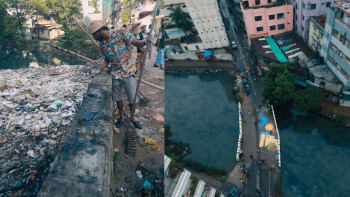



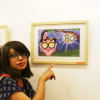
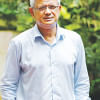
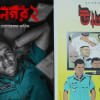
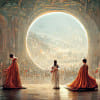


Comments